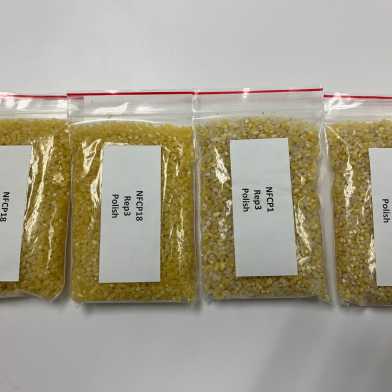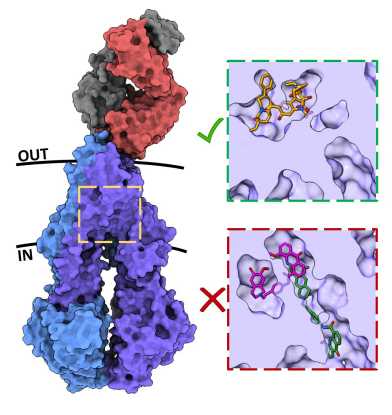10
Engineering methylotrophy
Turning the model bacterium E. coli into an organism that can use methanol as a carbon and energy source is challenging. In a Nature Communications paper, the Vorholt group engineered methanol-dependent E. coli strains with a functional, autocatalytic cycle and potential for future applications.
Cytosolic pH regulates proliferation and tumour growth by promoting expression of cyclin D1
A recent “Nature Metabolism” paper by the Dechant group (IBC) in collaboration with the Curioni (USZ), Opitz (USZ) and Peter (IBC) groups implicates increased cytosolic pH as a driver for cell proliferation by transcriptional activation of cyclin D1.
Plant genetic engineering to fight hidden hunger

More than 2 billion people worldwide suffer from micronutrient malnutrition due to deficiencies in minerals and vitamins. Poor people in developing countries are most affected because their diets are typically dominated by starchy staple foods that only contain low amounts of micronutrients. In a perspective article recently published in Nature Communications, an international team of scientists explains how plant genetic engineering can help to sustainably address micronutrient malnutrition.
Cryo-EM structures reveal distinct mechanisms of inhibition of the human multidrug transporter ABCB1

A recently published “PNAS” paper by the Locher group (IMBB) demonstrates how ABCB1 inhibitors bind in pairs and can block the function of the transporter by interacting with structural features that are important for its transport function.
Congratulations on promotion

Shinichi Sunagawa was promoted to Associate Professor of Microbiome Research. His appointment enables the D-BIOL to boost interdepartmental cooperation in the fields of environment, health and medicine.